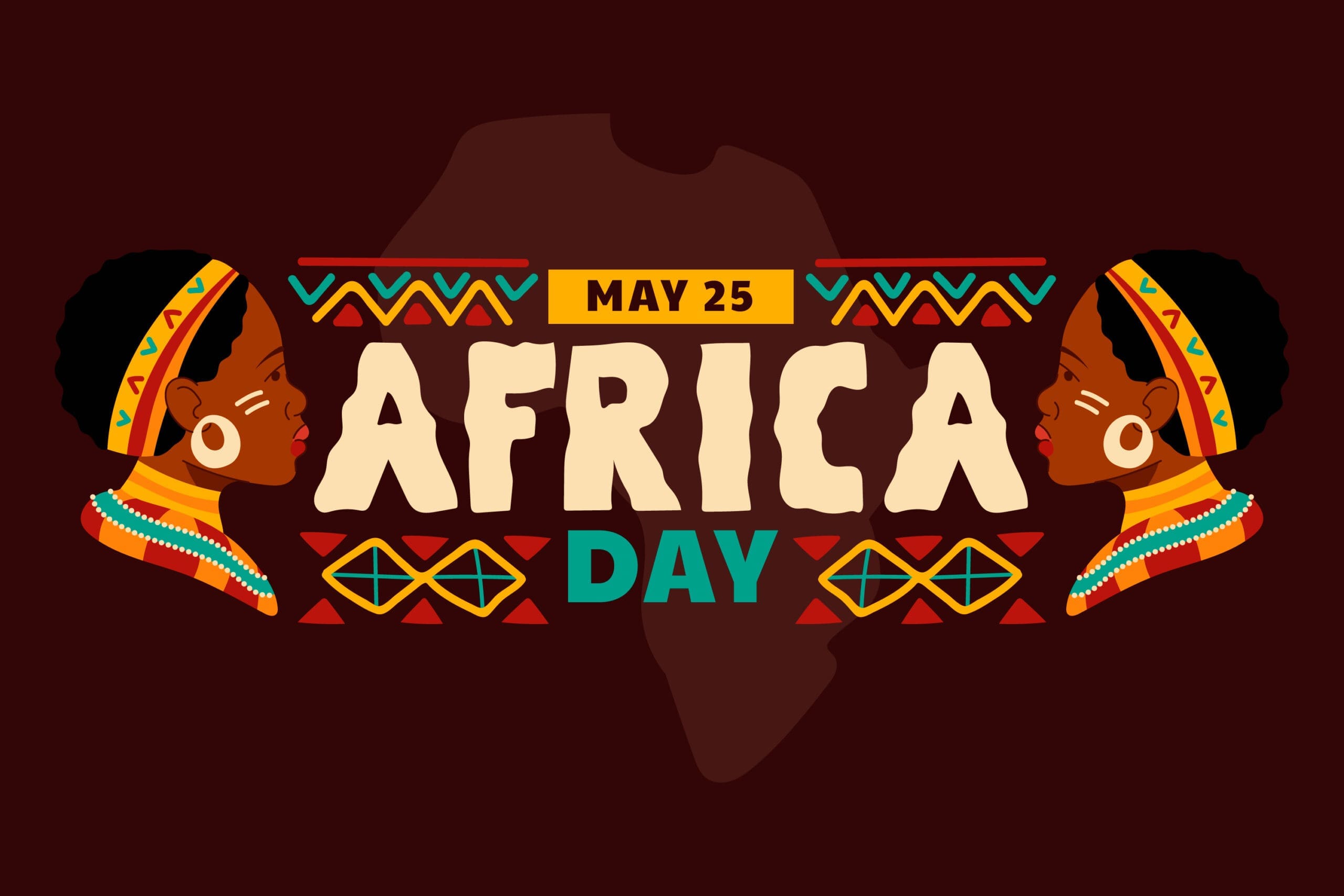On this Africa Day, as we reflect on the journey of the continent and the hopes of its people, we must widen our lens to see the deeper, invisible frontiers that define sovereignty in the 21st century. One of these frontiers is data. In a world where data has become the scaffolding of how humanity experiences reality; through artificial intelligence, predictive analytics, and digital infrastructures; African states must not only protect their borders, but also their bytes.
Data is Power. And Power Must Be Localised.
The digital revolution is reshaping the world as we know it, including governance, education, health, and development. But without control over how our data is generated, interpreted, and stored, we risk becoming subjects of the systems that claim to serve us. This is not just about privacy or consent; it is about narrative, value, and agency.
Africa’s historical experiences with colonialism remind us what happens when external powers extract resources; whether gold, labour, or knowledge; without accountability or reciprocity. Today, we are witnessing a digital form of that extraction: digital colonialism. Foreign AI systems are trained on global datasets that barely reflect Africa’s realities, languages, histories, and cosmologies. Worse still, our digital behaviors are harvested, commodified, and sold by companies headquartered far beyond our jurisdictions.
The recent Africa Declaration on Artificial Intelligence, endorsed by over 50 African states, is a powerful commitment to shape AI development around shared values: ethics, inclusion, transparency, and local benefit. It acknowledges AI as a transformative tool but insists that its foundations must reflect Africa’s lived realities, not imported assumptions.
To fulfill that vision, we must insist on data sovereignty; the right of African nations and communities to determine how data is collected, governed, and used, particularly in the training of AI systems.
Digitising the intangible: Our knowledge, our dataset
Africa’s wealth is not only in minerals or markets, it is also in stories, languages, philosophies, and systems of knowing that have guided generations.

Take, for instance, Indigenous Knowledge Systems in agriculture and weather forecasting. Long before meteorological apps, African farmers read the land; using animal behaviour, plant cycles, and cloud patterns to predict rain or drought. These systems, though undocumented in Western formats, are precise, time-tested, and adaptive.
Our languages, too, hold unique ways of reasoning and relationship. Yet most African languages; from Yoruba to Shona, Amharic to Xitsonga; are considered “low-resource” in the context of AI. This means they lack the structured digital data needed to be recognised or used by machine learning models. In effect, they are invisible to the digital systems shaping our world.
Beyond spoken word, artistic and symbolic knowledge; such as the Adinkra symbols of Ghana or the geometric murals of the Ndebele; encode moral, spiritual, and communal codes. These are not decorations; they are data, deserving of preservation and interpretation.
Pre-colonial governance systems like the Gadaa system of the Oromo in Ethiopia demonstrate that African societies understood democracy, accountability, and civic participation long before they were formalised in Western charters. These systems offer alternative logics for AI ethics and civic design; but only if we recognise and structure them as legitimate knowledge.
The Ubuntu philosophy; “I am because we are”; should not only inspire social cohesion but also guide how algorithms are built: communally, transparently, and with care for their social consequences.
For centuries, our histories have been filtered through colonial languages and ways people understand, learn, and define truth using a colonial lense, often distorting or diluting African thought. Even where African content exists, it is often reframed to fit Western categories; losing context, nuance, and authority.
The oral storytelling traditions of griots, custodians of memory like those who tell the Epic of Sundiata, are rich archives of culture, governance, gender, and resistance. But if they are not digitised and structured, they will not be part of the global AI knowledge corpus. Our histories, then, will not only be forgotten; they will be overwritten.
Our future must be African-Led

We are at a crossroads. We can either allow our cultures, languages, and data to be absorbed and reshaped by others; or we can insist on our right to define the systems that are defining humanity.
At Tech for Good, an African-based consultancy committed to responsible technology, we are working alongside civil society and governments to interpret and implement the values embedded in the Africa AI Declaration. This includes developing frameworks for data privacy, AI safety, ethical procurement, and digital public infrastructure that centre African priorities. But we cannot do this alone.
Our data, Our destiny
Data sovereignty is not a luxury; it is a necessity for digital self-determination. African nations must invest in:
- Digitising and structuring Indigenous Knowledge Systems, so they can inform and shape AI development.
- Preserving and expanding African languages, ensuring they are visible in digital spaces and AI models.
- Creating datasets from oral histories, governance traditions, and symbolic systems, so that Africa’s past and present can shape the future.
Africa Day reminds us not only of what we have overcome, but of what we must now claim. In this digital age, that means asserting our right to define ourselves through our data; on our terms, in our languages, and in line with our values.
Let’s not just be users of AI. Let’s be authors of its foundations.
- Philani Mdingi, Executive Director, Tech for Good

Crédito: Link de origem


